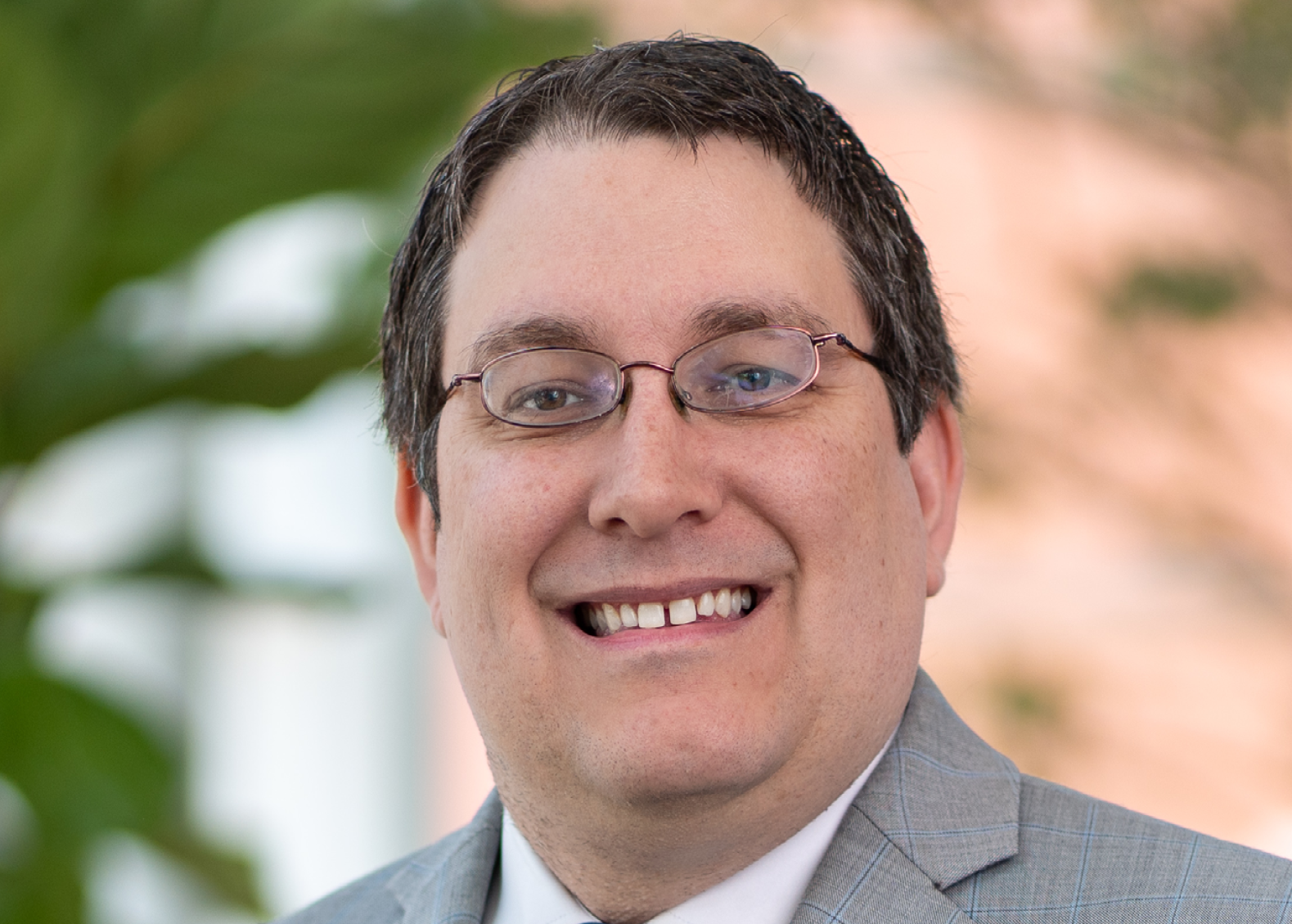U.S. Supreme Court Decision Could Increase Liability under the ADA and Section 504
Brian P. Goodman , Matthew W. Bell | 07.14.25
In A.J.T. v. Osseo Area Schools, the US Supreme Court likely increased the potential liability for school districts and colleges under Title II of the Americans with Disabilities Act (ADA) and Section 504. There are several federal laws designed to protect the interests of children with disabilities in schools. For example, the ADA and Section 504 each provide individuals with a private cause of action in federal court. Additionally, the Individuals with Disabilities Education Act (IDEA) provides a variety of substantive and procedural protections for qualified students. These are typically addressed through an administrative process first, and only after that process has been exhausted do those cases end up in court.
Under the ADA and Section 504, in certain jurisdictions, a parent had to show that school officials had acted with either “bad faith” or “gross misjudgment” to prevail on their claims, even though this was not required in non-educational contexts. This heightened protection for districts aimed to strike a balance between the rights of students with disabilities, the responsibilities of state education officials, and the relative inability of courts to rule on such matters. In Wisconsin, it was uncertain whether school districts received that heightened standard because it had not been uniformly adopted in the Seventh Circuit Court of Appeals, which covers Wisconsin school districts and colleges.
Background
The A.J.T. case arose when a student with a rare form of epilepsy moved to a new school district and requested that it provide instruction in the early evening. This was because the student’s condition made it impractical to attend school in the mornings due to constant, severe seizures. The student’s prior school district accommodated the student’s request by allowing her to start and end her school day later. However, the new school district refused to provide any evening instruction for multiple years, resulting in the student’s average education time being cut down to 4.25 hours per day.
The parents filed an IDEA complaint against the district, claiming that the refusal to provide after-school instruction denied their child a free appropriate public education (FAPE). They were successful at all levels, with the courts ordering the school to provide hours of compensatory education and add additional services to the student’s IEP. The parents then sued the district under the ADA and Section 504, seeking both an injunction and monetary damages. This action was less successful, with the lower courts holding there was insufficient evidence to find the district had acted with bad faith or gross misjudgment. The parents appealed to the U.S. Supreme Court.
SCOTUS Opinion
The US Supreme Court ruled that claims under the ADA and Section 504 cannot have a heightened standard solely in the educational context. Specifically, it reasoned that neither statute gave any indication that they should apply with lesser force to “certain qualified individuals bringing certain kinds of claims,” such as educational claims. While the Court did not establish a particular standard that must be adopted going forward, it is anticipated that courts will eliminate the heightened standard.
Takeaways
School districts and colleges will need to be aware of the potential financial risks associated with not complying with IDEA, the ADA, and Section 504, and should commit to authentically working through the processes established under those laws. For example, in Wisconsin, there may be an increase in lawsuits under the ADA and Section 504 because the heightened standard discussed above is unlikely to protect Wisconsin schools going forward. Furthermore, these claims can be filed independently from an IDEA complaint and allow for monetary damages, which could create direct financial risk to schools.
It is noteworthy that the Supreme Court did not establish a specific standard to be applied in cases alleging discrimination under the ADA/Section 504. The court only ruled that there cannot be a higher standard solely for cases initiated against public school districts. Consequently, it is anticipated that there will be continued litigation to resolve that final question of “what standard does apply?”
Please reach out to your Boardman Clark attorney if you have questions about compliance with IDEA, Section 504, or the ADA in light of this US Supreme Court decision.
DISCLAIMER: Boardman & Clark LLP provides this material as information about legal issues and not to give legal advice. In addition, this material may quickly become outdated. Anyone referencing this material must update the information presented to ensure accuracy. The use of the materials does not establish an attorney-client relationship, and Boardman & Clark LLP recommends the use of legal counsel on specific matters.



